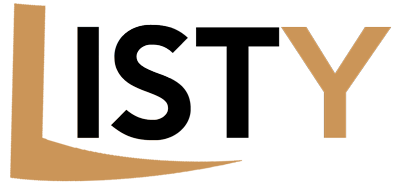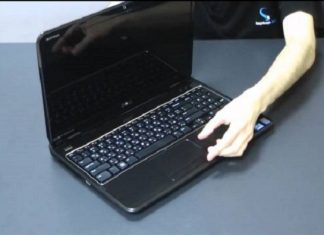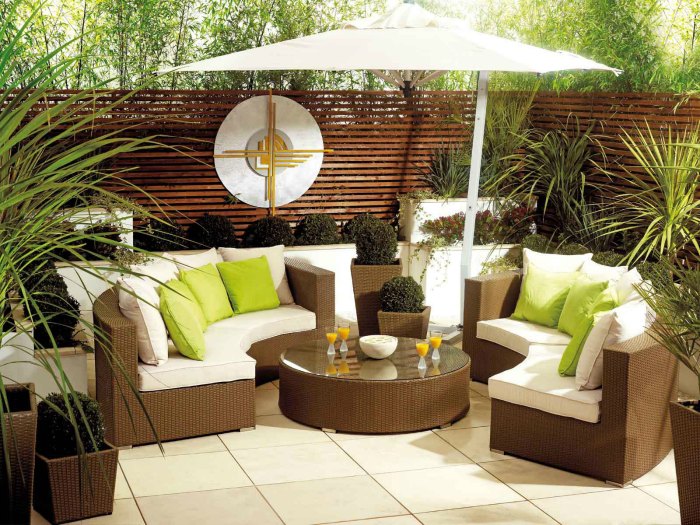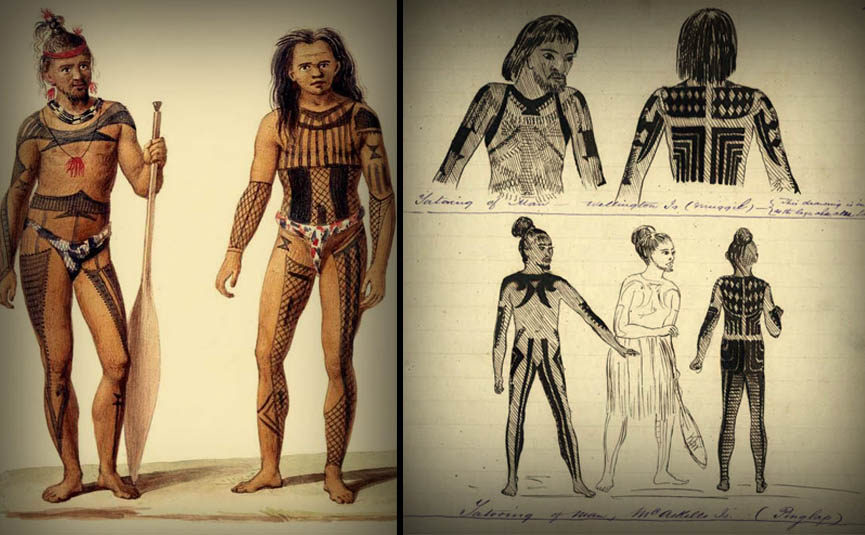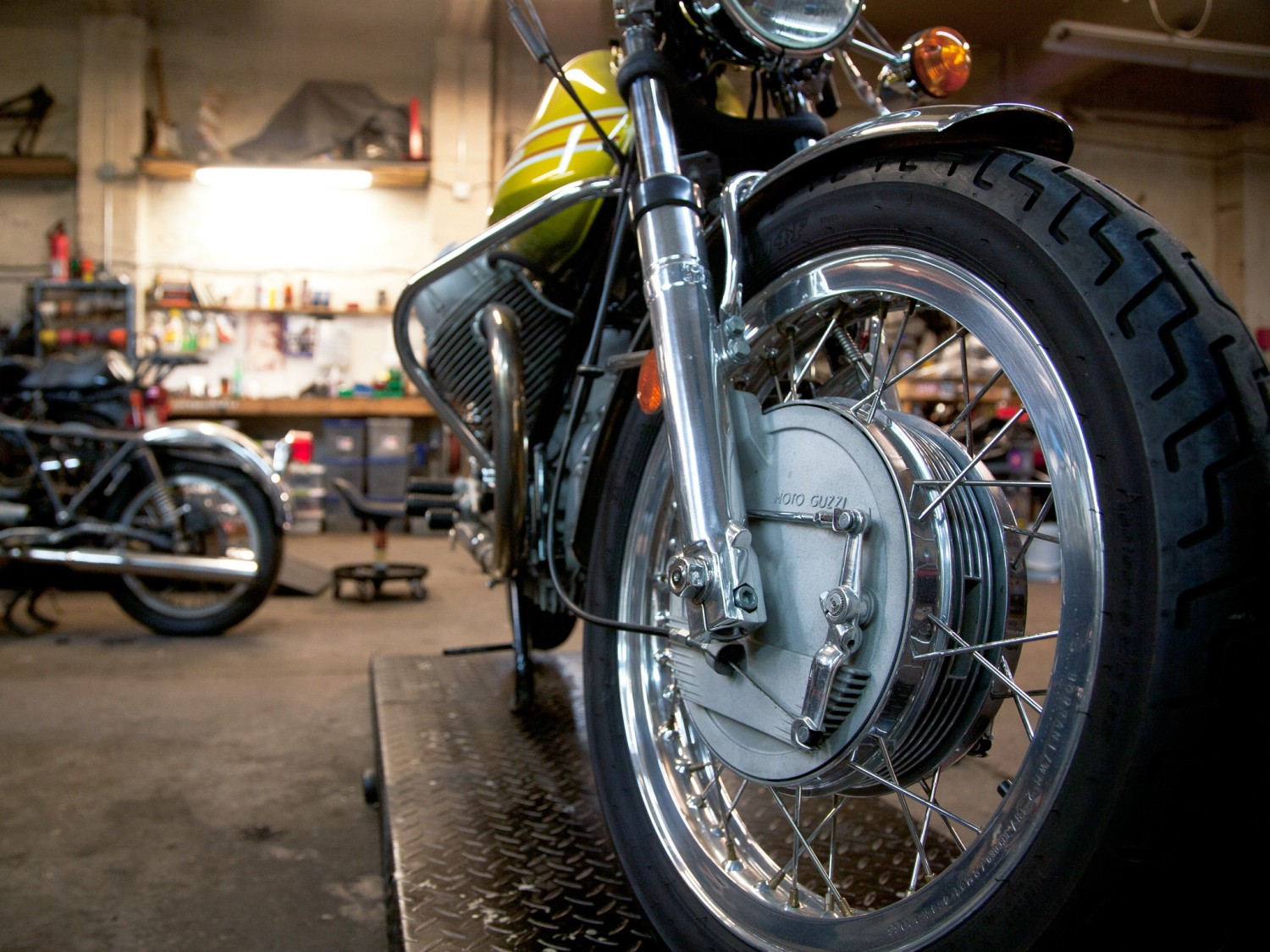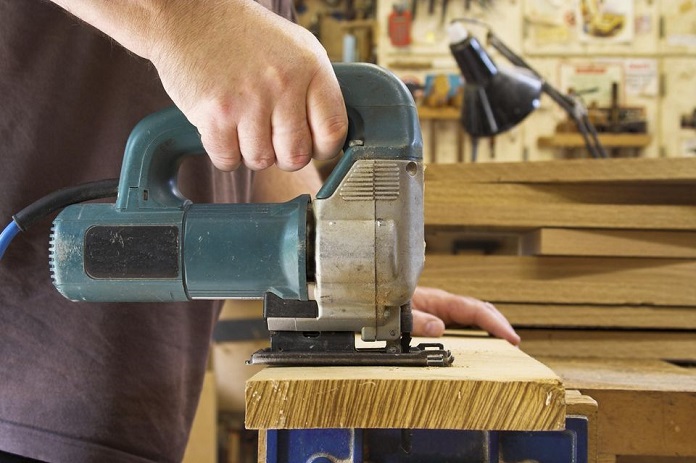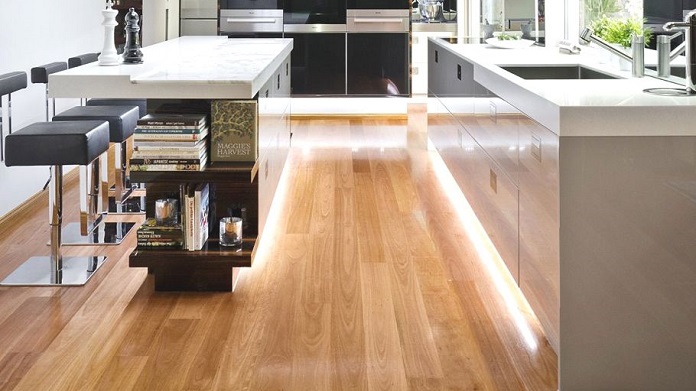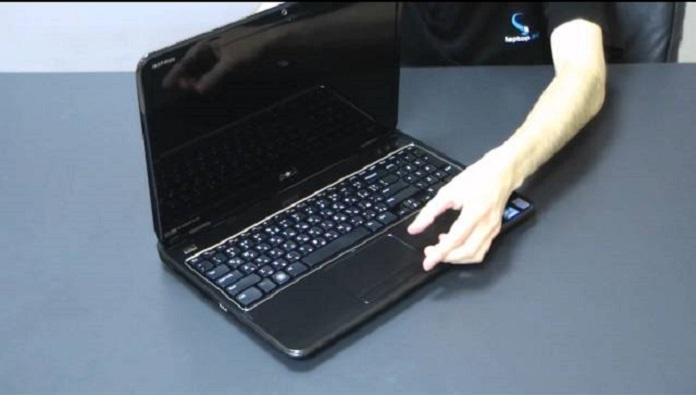If you browse a baby registry recommendation list or contact a baby gear retailer, you’d come to the realisation your newborn may require everything under the sun! Some parents want all of the great baby items and devices that can make life with their child easier. However, for minimalists, budget-conscious parents, or new parents who are feeling overwhelmed, sticking to the basics is acceptable since your baby won’t even notice the difference.
Baby Clothes
Although you may want to show off your baby in a few pretty outfits, your kid doesn’t require anything fancy in those first few weeks. Moreover, your newborn will outgrow their first baby clothes very quickly so try not to buy too many. On the other hand, you will be changing outfits frequently because baby clothing gets filthy quickly, therefore stick to simple, plain, budget-friendly attire.
Consider how frequently you intend to do laundry and what the weather will be like when your baby is due while making these purchases. Most doctors, for example, still recommend that newborns wear hats in their first few weeks of life, but if you reside in a warm environment, you may usually avoid it.
Another important consideration to keep in mind when choosing clothes for your little bundle of joy is sizing. Baby clothing sizes are typically labelled as a newborn, 3 months, 6 months, 9 months, and 12 months. However, some brands do things differently and have varying sizing. Look for clothing that includes weight or height standards to assist you in finding the best fit.
Cosy Bedding

When shopping for bedding and baby sleep essentials, blankets are a great place to start. Since babies are prone to overheating, opt for light and breathable cotton blankets for newborn to help your little one sleep soundly throughout the whole night! Many parents choose to combine the cotton blankets with cotton sheets which can be washed often at high temperatures.
Moreover, newborn blankets made of cotton can be used as an extra layer for naps, as a belly time mat, or as a soothing blankie to calm the baby to sleep. On the other hand, wool baby blankets are also worth considering. Wool is fully natural and, unlike most materials, is not treated with toxic pesticides. Because of its warm and breathable properties, it is good for regulating your baby’s body temperature as it keeps the body cool in hot weather and warm in cold weather.
A baby blanket has no set size, but it should cover the infant and have enough extra to tuck in over their crib mattress, pushchair, or car seat. If a baby blanket is too big or too loose, the infant may become tangled as they move around. However, when picking the right size, keep in mind that babies under the age of 12 months should sleep on their backs, ‘feet to foot’ at the end of their cot or Moses basket. Your choice of blankets for newborn should be tucked under their arms so they can’t wiggle underneath.
Diapers are pretty absorbent these days, so you shouldn’t have to clean up too many messes in the middle of the night. Still, make sure your mattress is waterproofed and that you have extra sheets on hand for bedding changes. Keep a baby monitor nearby as well, since you’ll want to keep an eye on your “hopefully asleep” baby when you leave the room.
Diapering
Although diapers are apparent newborn essentials, who knew that the process of choosing the right ones for your baby can be so perplexing and stressful?! If you’re hesitating whether to use cloth diapers or disposables, keep in mind that both have their advantages and disadvantages, and choosing what works best for your family and lifestyle is always the best option. However, many families use a combination of cloth and disposable, so you can experiment with both and find which you prefer.
Newborns can go through 8 to 10 diapers every day, so keep plenty of them available. However, keep in mind that kids will outgrow the newborn size in a matter of weeks, so don’t overbuy. You should also keep a decent diaper rash cream on hand, either to prevent diaper rash or to treat it if it occurs.
Feeding Supplies
If you’re breastfeeding, you don’t need much more than your breasts—that and the contact information for a competent lactation consultant or breastfeeding support group in case you run into a problem. However, if you’re more into formula feeding, talk to your doctor about formula brands and types, as well as the necessary amount for when you bring your baby home.
For bottle feeding, make sure you have a few extra bottles to prevent having to wash them in the middle of the night. A bottle brush is required, but you can wait to see if you’ll need a bottle drying rack or bottle washing dishwasher basket.
As mentioned before, breastfeeding mums don’t require much, but they will require a few handy supplies such as nursing pads and nipple cream—as well as a breast pump in case you need to pump for your newborn.
Bathing Essentials
Doctors recommend giving your infant a sponge bath for the first week or two until the umbilical cord falls off. After that, you don’t need to bathe your kid every day – three times a week or so should suffice. Bathing your baby too frequently can cause their skin to dry out or become irritated. Don’t worry though and perform “spot cleaning” in between baths spit-ups and diaper changes.
You can keep your purchases to a minimum here. However, because baby skin can be particularly delicate, you should use newborn-friendly soap and lotion. Many parents prefer bathing their little ones in baby baths, but using the kitchen sink is safe too as long as it has just been cleaned.
Baby Gear & Furniture

Contrary to the latest trends, the only furniture your infant requires is a place to sleep and a place to store their clothes. Many first-time parents choose much more—a changing table, dresser, nursery gliders, toy bin, bouncy seat, baby swing, and so on. You can, however, postpone those purchases till your baby is older and you have a better sense of what they genuinely require.
What you can’t postpone is the need for safe transport of your infant. Car seats are required, and hospitals won’t release you unless you have a properly installed car seat in your vehicle. A stroller or a baby carrier is also great and vital for many parents, but you can wait for those if you choose.
